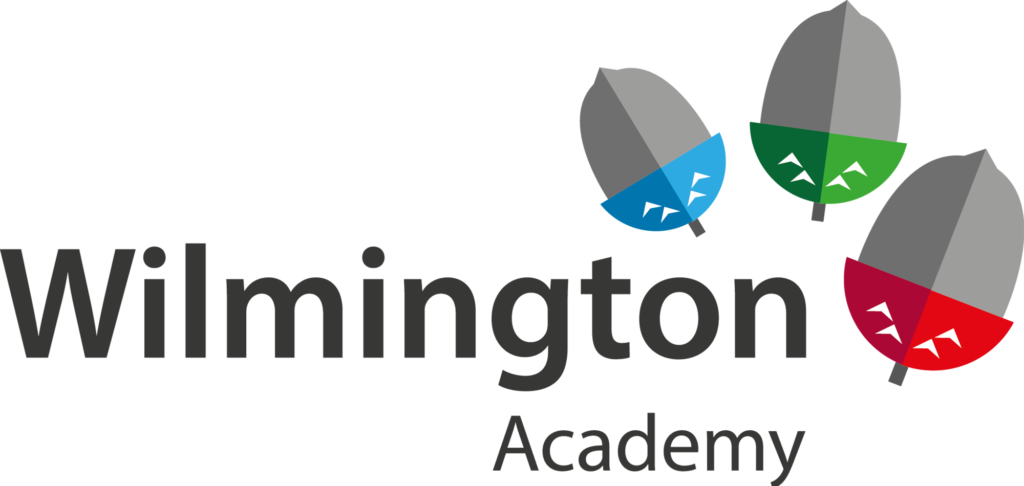KS3: MYP ICT - Digital Design (Design)
Intent
Students in the MYP learn how to enjoy a design process, create a solution, apply technology, appreciate impact of design, and develop their effective working practices.
The objectives of MYP design encompass inquiry and analysis, development of ideas, creation of solution and evaluation.
Each objective is elaborated by a number of strands; a strand is an aspect or indicator of the learning expectation which students will be assessed on.
Together these objectives reflect the knowledge, skills and attitudes that students need in order to create a digital project from concept to end outcome.
Intent
At Key Stage 3, ICT is taught in class groupings. The curriculum is aligned to the MYP framework for Years 7. The MYP ICT Design framework enables students to develop not only practical skills but strategies for creative and critical thinking.
Year 7 Schedule of Learning:
- Module 1 & 2: E Safety
- Module 3: Understanding Computers
- Module 4: Introduction to Programming
- Module 5 & 6: Scratch Programming
Intent
At Key Stage 3, ICT is taught in class groupings. The curriculum is aligned to the MYP framework for Years 8. The MYP ICT Design framework enables students to develop not only practical skills but strategies for creative and critical thinking.
Year 8 Schedule of Learning:
- Module 1: E Safety
- Module 2 & 3: Graphic Design
- Module 4: High Level Language Coding – Python
- Module 5 & 6: Python Programming Project
Intent
At Key Stage 3, ICT is taught in class groupings. The curriculum is aligned to the MYP framework for Years 9. The MYP ICT Design framework enables students to develop not only practical skills but strategies for creative and critical thinking.
Year 9 Schedule of Learning:
- Module 1: E Safety
- Module 2 & 3: Digital Animation
- Module 4: Computing & Algorithmic Thinking
- Module 5: Interfaces and Project Planning
- Module 6: Application Design Project
Implementation
MYP ICT aims to equip all students with the knowledge, understanding and intellectual capabilities to address further courses in ICT, Computer Science and Creative Media, as well as to prepare those students who will use ICTin their studies, workplaces and everyday life. ICT plays a key role in modern digital life and is a transferable skill across many facets of both Education and Society.
Impact
The MYP curriculum framework offers flexibility to determine engaging, relevant, challenging and significant content that meets local and national curriculum requirements. This inquiry-based curriculum explores factual, conceptual and debatable questions in the study of design.
Students will be assessed under four different criteria:
- Criterion A: Inquiring and analysing
Students are presented with a design situation, from which they identify a problem that needs to be solved. They analyse the need for a solution and conduct an inquiry into the nature of the problem.
- Criterion B: Developing ideas
Students write a detailed specification, which drives the development of a solution. They present the solution.
- Criterion C: Creating the solution
Students plan the creation of the chosen solution, then follow the plan to create a prototype sufficient for testing and evaluation.
- Criterion D: Evaluating
Students design tests to evaluate the solution, carry out those tests and objectively evaluate its success. Students identify areas where the solution could be improved and explain how their solution will impact on the client or target audience.
Each criterion is divided into various achievement levels. The level descriptors for each band describe a range of student performance in the various strands of each objective. At the lowest levels, student achievement in each of the strands will be minimal. As the numerical levels increase, the level descriptors describe greater achievement levels in each of the strands.
The four MYP criteria will be summatively assessed and reported on twice a year (Modules 3 and 6). A final grade will be provided at the end of the year (Module 6). Further guidance on MYP assessments can be found here:
For more information, please read our assessment recording and reporting cycle.
Additional Resources


